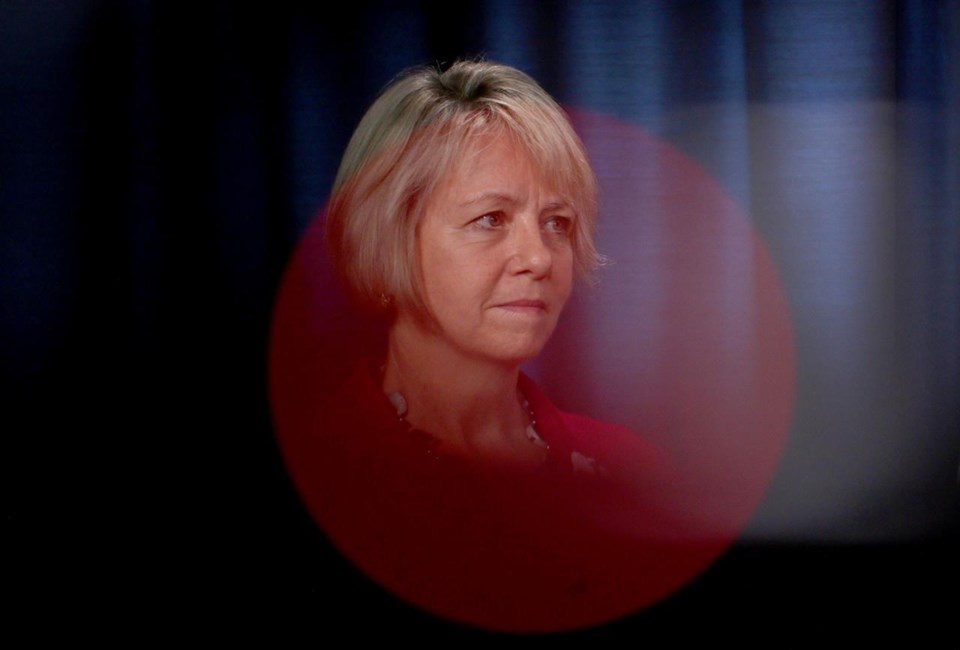VICTORIA — Voting in British Columbia's Oct. 24 election will be safe, historic and take about as much time as it does to order a cup of coffee, says the chief electoral officer.
Anton Boegman said Tuesday that Elections BC has been planning since last April to ensure the province is prepared to hold an election during the ongoing COVID-19 pandemic, and on Monday, Premier John Horgan called a snap election.
Voters will spend about five minutes casting their ballots on election day at voting locations or at advance polls, or they can choose to vote by mail, Boegman said.
"I'm confident with our safe voting plans in place, this election can be held safely," he said. "Voting will be different from past elections, but the differences will be familiar to us at this stage."
He said polling stations will be organized to ensure physical distancing and there will be capacity limits, hand sanitizing stations, protective barriers and electoral officials wearing personal protective equipment.
Voting will be quick and safe, said Boegman.
"Most voters will likely only spend minutes inside a voting place," Boegman said. "Casting your vote will be like getting a takeout coffee or picking up milk and eggs from the grocery store in terms of the safety protocols and time spent."
He said there will also be more options to vote early, with seven days of advance polls from Oct. 15 to Oct. 21.
The polls are open from 8 a.m. until 8 p.m. on election day.
Elections BC is expecting an increase in mail-in votes, Boegman said.
Mail-in ballots typically account for about one per cent of B.C.'s total vote, but up to 800,000 votes or between 35 per cent and 40 per cent of the ballots this year could be through the mail, he said.
Mail-in ballots can be obtained by contacting Elections BC and must be received by Oct. 24. Boegman said Elections BC has already received 20,000 requests for mail-in ballots since Monday's election call.
He said the final result could be delayed, depending on the numbers of mail-in ballots and how long it takes to count them.
The election-night vote count represents the initial results and the final count of mail-in and absentee ballots will not start until 13 days after the election, Boegman said.
The initial election-night vote count represents the results of advance and election-day polls, Boegman said. Those numbers usually account for about 90 per cent of the total votes, but that percentage could change this year with increased mail-in ballots, he said.
"The final count is when the official results are declared," Boegman said. "I have a high level of confidence in the electoral processes we have put in place."
Provincial heath officer Dr. Bonnie Henry said the plans for a safe election during the pandemic were the result of much collaboration between Elections BC and public health officials.
"Our work has not been because we expected an election," she said. "We needed to ensure any election in B.C. could be held safely."
The B.C. election will be the second provincial election held in Canada during the pandemic.
New Brunswick recently held an election and Saskatchewan voters go to the polls Oct. 26.
Horgan called an early election Monday, saying the province needs stability to face ongoing health and economic challenges associated with the pandemic.
This report by The Canadian Press was first published Sept. 22, 2020.
Dirk Meissner, The Canadian Press



